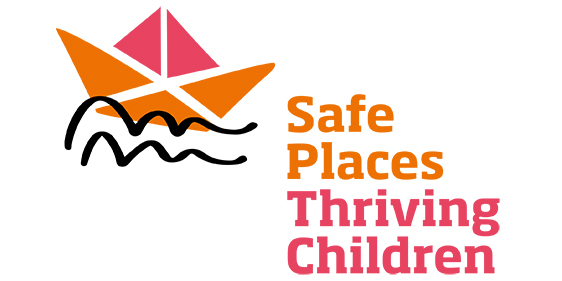

Project aim
We seek to implement trauma-informed care practices into child protection services for children and young people in alternative care placements who are affected by adverse childhood experiences, giving them a chance to develop to their full potential.
Duration: 24 months (2020-2022)
The problem
Children and young people in alternative care are highly vulnerable to adverse childhood experiences (ACEs):
- 75% of children in alternative care have experienced trauma prior to their alternative care placement.
- 50% of these children experienced violence on a daily basis in their families of origin.
- 62% of children have entered alternative care due to physical, emotional or sexual abuse, neglect, exploitation, or any combination of these.
Unfortunately, despite these common experiences, many care professionals are unequipped or not adequately trained in how to care for children and young people who have experienced trauma.
These children need care professionals with the skills, knowledge and experience regarding their psychosocial and mental health, in order to build trust and strong caring relationships, and to help them overcome these adverse experiences.
The solution
We aim to give care professionals the tools and knowledge required to understand trauma and address the needs of children and young people affected by it. We do this by using trauma-informed care practices.
The main characteristics of trauma-informed care are:
- Awareness – Everybody who provides alternative care is aware of the processes that affect children and young people who have experienced trauma.
- Structural change – The organisational structure and care framework in place involves understanding, recognising, and responding to the effects of trauma.
- Safety – Physical, psychological and emotional safety for both children and caregivers is ensured.
- Empowerment – The care is set up in a way that helps children rebuild a sense of control and empowers them to be active in their recovery process.
Target beneficiaries
The project targets professionals working with children and young people without parental care in Belgium, Bulgaria, Croatia, Greece, Hungary and Serbia. In Greece, Serbia and Belgium, the project activities will benefit professionals working with unaccompanied migrant and refugee children as well.
We also intend to improve the quality of care on a broader scale. To achieve this, it is important to involve professionals from diverse sectors to share working practices and establish understanding between services.
Key project activities
Throughout the project, we will develop and implement:
- An e-learning programme that aims to reach around 1,000 professionals from the social, educational, health and justice sectors, to equip them to better understand and identify adverse childhood experiences and their impact on the development of children.
- Face-to-face trainings to equip 400 to 500 child care professionals in the target countries with the skills to implement a trauma-informed approach in their work with children and young people in alternative care who are affected by ACEs.
- Organizational development workshops to embed trauma-informed care practices in around 18 selected programmes/organisations providing alternative care to approximately 1,000 children without parental care in order to make a sustainable systemic change in those organisations.
- Policy recommendations to encourage the commitment of public authorities in supporting and implementing trauma-informed care practices on a national level. The adoption of these policy recommendations can have an impact on the wellbeing of 40,000 children living in alternative care.
Project partners
- SOS Children’s Village International;
- Six member associations of SOS Children’s Villages – Belgium, Bulgaria, Croatia, Greece, Hungary and Serbia;
- Centre for Excellence for Children’s Care and Protection (CELCIS) of the University of Strathclyde
Funding
The project is co-funded up to 80% of the total costs by the Rights, Equality and Citizenship (REC) Programme of the European Union and SOS Children’s Villages. Responsibility for this content lies solely with SOS Children’s Villages. The European Commission is not responsible for any information contained here.




